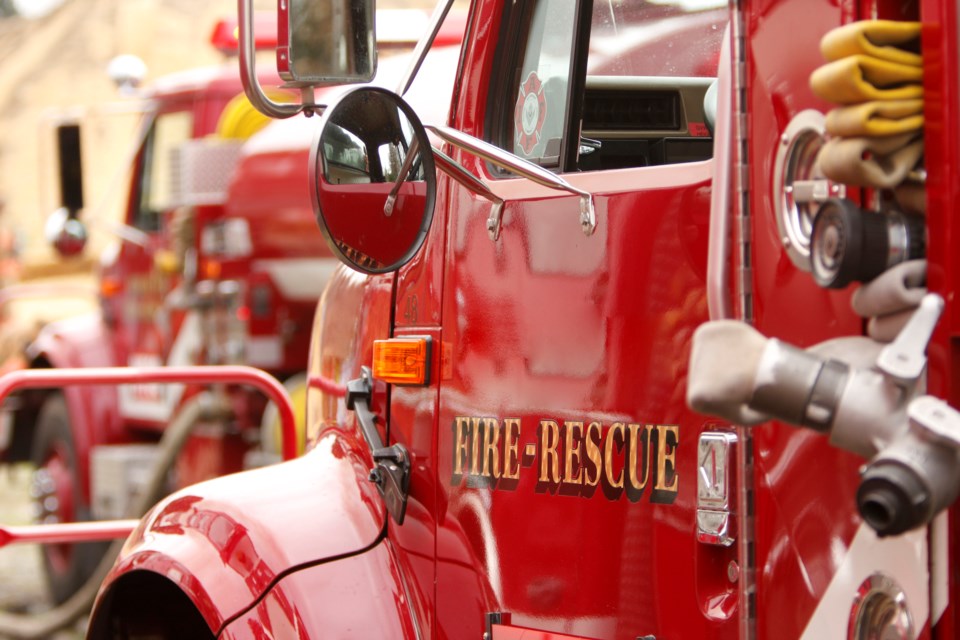While there's a need for more fire service support in First Nation communities, they aren't eligible for one of the 17 new fire trucks announced for Northern Ontario.
Recently, the provincial government made a $35-million announcement about the new trucks, firefighting equipment and two mobile live fire training units for Northern Ontario communities. The funding is through the Northern Fire Protection Program (NFPP), which is under the umbrella of the Fire Marshal's Office for 47 unorganized communities.
The government is still in the assessment stage and the communities receiving the trucks have not been named, though Hunter Kell, press secretary for the Solicitor General’s office, said the goal is to improve capacity for Northern Ontario.
“Precise allocations are pending a comprehensive assessment that will consider factors such as the volume of emergency responses and the age of existing equipment so that northern fire services can provide an efficient and effective response capacity to unincorporated areas,” he said in an email to TimminsToday.
Unincorporated areas are eligible for this program, but this does not include First Nations communities or fire departments within municipalities. In the Timmins area, the nearest eligible departments Foleyet, Gogama and Kenogami.
The need for more support for fire services in the north is an ongoing and touchy issue, said Wilbert Wesley, Mushkegowuk Council’s manager of emergency management services.
“There’s an agreement made to have the province be the third party involved in facilitating the need for First Nations, but there is some pushback,” he said.
While this program will not include the First Nations, Wesley wants to see the relationship with the province be one of respect.
“When you move forward, you want to take advantage of certain opportunities when they present themselves,” he said. “We try to build bridges with the province but the province has to understand our unique situation with our treaties.”
He said that the need to find volunteers is the biggest challenge he sees at this time.
“It’s nice to have all the trucks and the equipment, but if you don’t have the volunteers, what do you do with that?” he said.
The ministry wants to build those relationships as well, said Kell.
"The Ministry of the Solicitor General will continue to work with federal partners to explore opportunities to support fire services in First Nations communities,” he said.
There is no word on how long the assessment process will take, or when the trucks will be in the communities.
